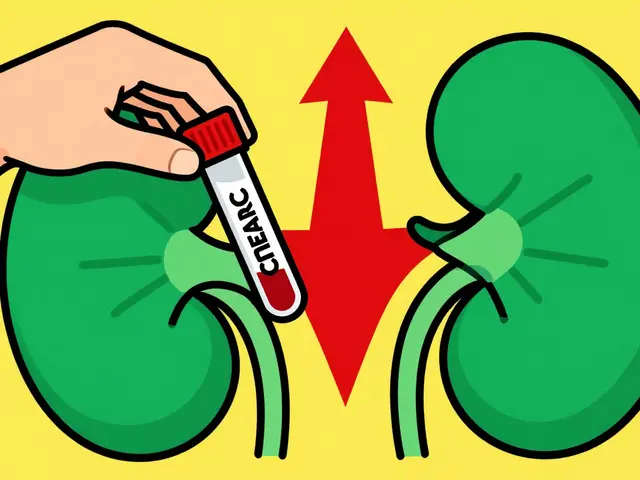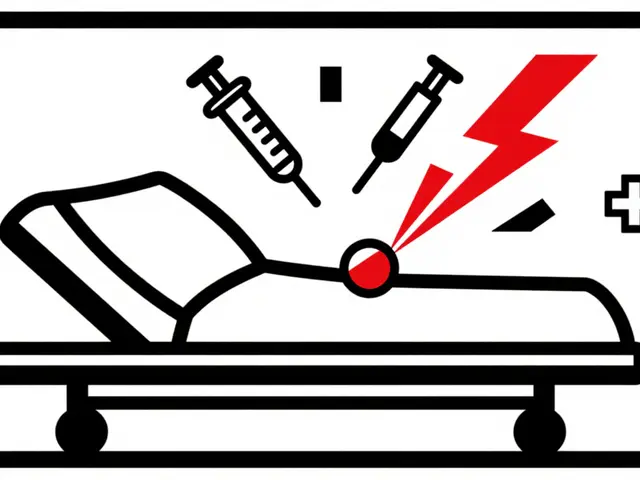Statin Basics: What They Are and Why You Might Need One
If your doctor mentioned a statin, you probably heard the word and wondered what it actually does. In simple terms, statins are medicines that lower the amount of bad cholesterol (LDL) in your blood. High LDL can clog arteries and raise the risk of heart attacks or strokes, so many people take statins to keep their heart safe.
How Statins Work to Lower Cholesterol
A statin blocks an enzyme in your liver called HMG‑CoA reductase. Think of that enzyme as a factory worker that makes cholesterol. When the worker stops, less cholesterol is produced, and your body pulls more of the existing bad cholesterol out of the bloodstream. The result is lower LDL levels, which means arteries stay clearer and blood flows easier.
Things to Watch Out For When Taking Statins
Statins are generally safe, but they can cause side effects for some people. Muscle aches are the most common complaint – if you feel sore after a workout, check whether it’s the statin or just normal fatigue. A few folks experience mild liver enzyme changes, so doctors usually order blood tests after the first month.
Another important point is drug interactions. Certain antibiotics, antifungals and even grapefruit juice can raise statin levels in your body and increase side‑effect risk. Always tell your pharmacist about every medication or supplement you take.
Even with a statin, lifestyle still matters. A diet low in saturated fat, regular exercise and quitting smoking boost the drug’s benefits. Think of the statin as a tool – it works best when you pair it with healthy habits.
If you’re new to statins, start by asking your doctor about the specific type they recommend and why. Ask how often you’ll need blood tests and what signs should prompt a call to the clinic. Knowing these details helps you stay in control of your heart health.
In short, statins lower bad cholesterol by slowing its production, they’re safe for most people, and side effects are usually mild and manageable. Combine the medication with good nutrition, movement, and regular check‑ups, and you give yourself a solid chance to keep arteries clear and avoid serious heart problems.






